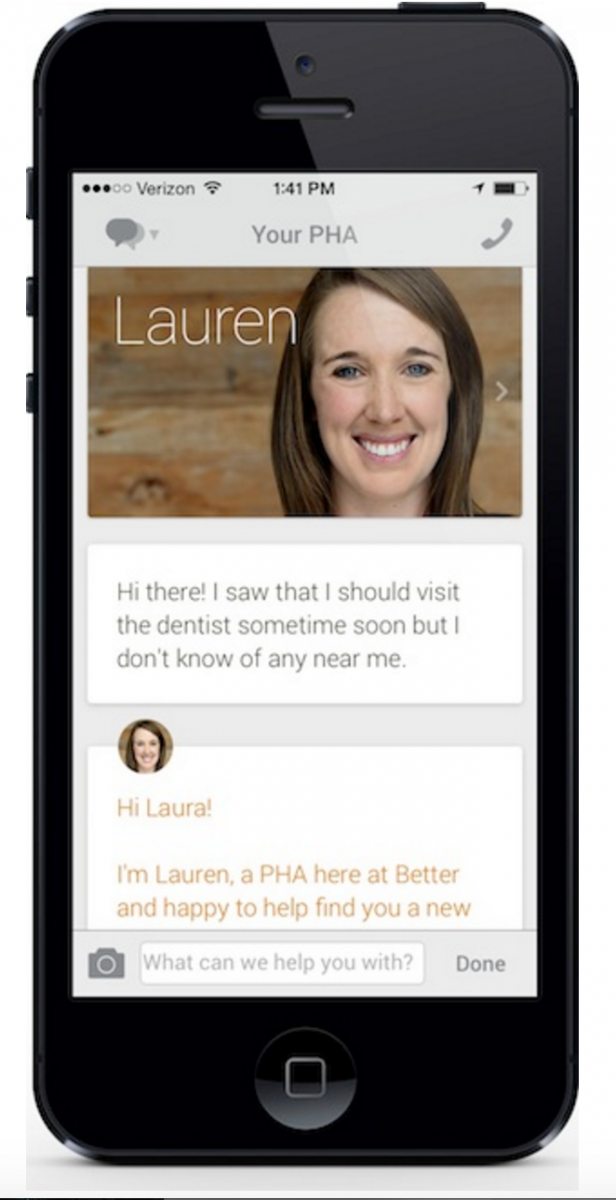 Geoff Clapp, founder of now-defunct consumer health startup Better, delivered a long-awaited post-mortem on the Tech Tonic podcast with Lisa Suennen and David Shaywitz. Better, which launched in 2013 with backing by the Mayo Clinic and The Social+Capital fund, shut down last year.
Geoff Clapp, founder of now-defunct consumer health startup Better, delivered a long-awaited post-mortem on the Tech Tonic podcast with Lisa Suennen and David Shaywitz. Better, which launched in 2013 with backing by the Mayo Clinic and The Social+Capital fund, shut down last year.
Clapp wrote last year that he planned to publish a post-mortem on Better’s efforts shortly after its closure, but this month's podcast interview is the first time he has actually gone public with the details.
“It has taken me nine months on the calendar to do this,” Clapp told Suennen and Shaywitz. “When you first shut the doors, everyone says you need to write a post-mortem, and I still haven’t done it. Well, I’ve written it 65 times, but it’s not published, because the first 64 versions, you look like you are finger-pointing, you look angry, and there are no lessons in there for anybody.”
Clapp gave two main reasons for Better’s demise: failing to find an appropriate product market and fundamental misalignment with the investors and strategic partners.
“I still believe in the ideas – the mistakes and failures were all mine – but the idea itself and the way to scale it is something I really still believe in,” Clapp said.
Clapp, who previously co-founded Health Hero Network, one of the earliest telehealth service providers, created Better as a way to solve healthcare’s customer service problem. In 2014, Clapp told MobiHealthNews that the first version of Better was really a “AAA for healthcare,” but it would evolve and become clinical and telemedicine-focused as time went on.
However, as it played out, the product never got a firm foothold. Clapp chalked that up to “a lack of focus.”
“We were doing concierge services across all disease states, across anatomic states like a knee surgery or a stroke, and at the same time doing bundled payment services and multiple, different payment structures,” Clapp said. “People may love the product, but they want it to address whatever problem theirs might be. And we talked ourselves into thinking we would have verticals.”
Additionally, Better struggled to raise money from investors or establish key partnerships to flourish in a specific area (the app was direct-to-consumer). Asked if Better would have succeeded at focusing its attention had their been more time or money, Clapp said no. He pointed to several instances in which he realized the team at Better, the Mayo Clinic and The Social+Capital had different ideas of where the company was going. For example, he spent an evening speaking with the head of the Mayo Clinic and realized they had a completely different visions for the future of healthcare overall.
“I think you would have had to actually hit the reset button,” he said. “We should have asked from the beginning, ‘are we aligned?’”
Suennen then asked Clapp when the turning point was – when he actually woke up and realized things were going wrong.
“The first day,” he said. “I don't mean that in a negative way. [In this industry] you live every day paranoid," he said. "I think what's even on the funnier side, even the last day, I thought, well, if this one magical thing happens, we won’t have to shut down.”














